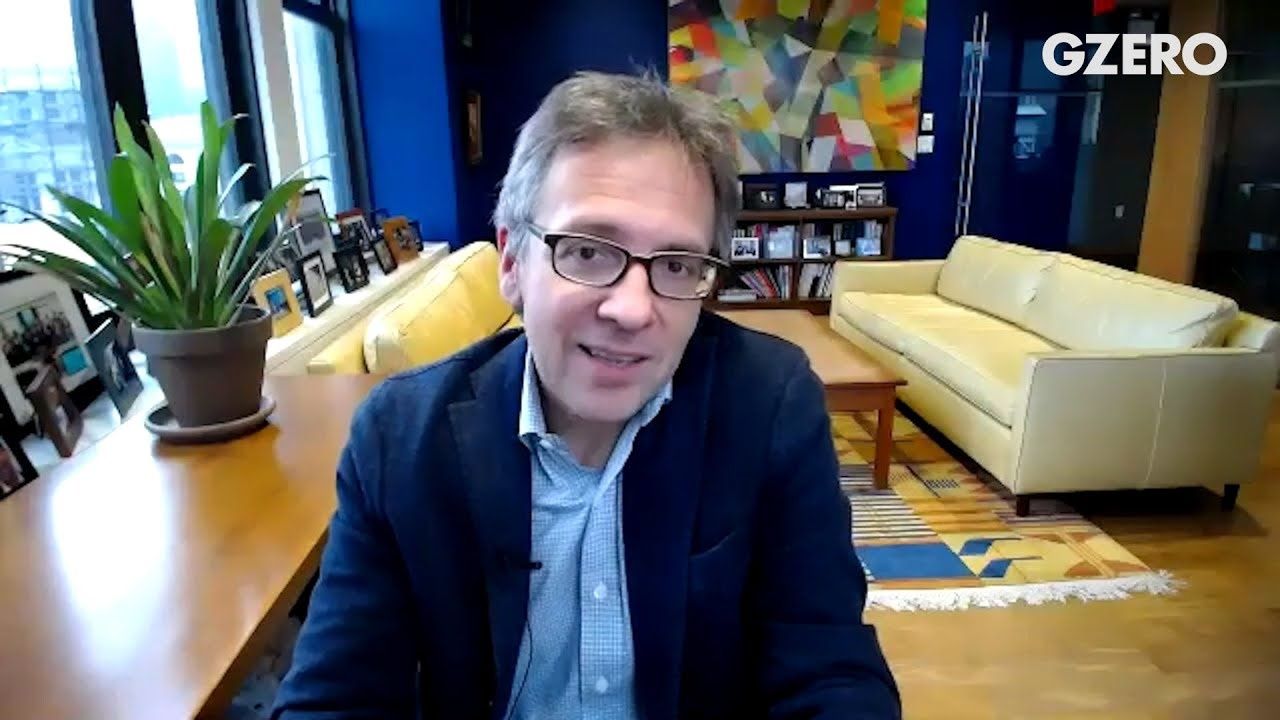
I don't usually respond directly to individual op-eds but when it's Tom Friedman in The New York Times, and you're talking about how we respond to global coronavirus, well, it seems like it's a good time to weigh in. The op-ed in question: "Is Sweden Doing It Right?" And asking essentially, on the back of that, therefore, should we be Sweden, the United States? Is that the direction that we want to go in? And by the way, do we know what Sweden actually did? And this is really one that you need to take a red pen to.
First of all, not true that Sweden just opened everything up and allowed a herd immunity. Some schools were closed, mass gatherings were canceled, travel within the country has mostly stopped. So, it's very different from the idea that Sweden is business as usual. And as a consequence, it's very misleading to think that if we were Sweden, that our economy wouldn't have taken a hit. It would have taken a very significant hit, probably still an unprecedented hit since the Great Depression. You would have been shutting down an awful lot of real business. But it wouldn't have been as bad as it is right now. So, that's one important point.
A second is, could we do what Sweden has done? We're a much larger country of red and blue states that have control of their individual states, of their school systems, of their budgets, of their police forces. And they are the ones that make the rules. I mean, Trump can say "I have ultimate authority," but it's not Trump's authority to make. So, I mean, you know, are we asking should we have 50 individual states that all choose to be Sweden? Well, some of them kind of did, if you think about what they did and didn't put in place. Others didn't. It's not going to be a federal government decision.
And also, the preconditions in the United States if you want to do Sweden, I mean, no mention here of obesity. No mention of type 2 diabetes. The fact that American health care is nowhere close to what Sweden's is. And American trust in that system is nowhere close to what Sweden's is. And the inequalities in the United States, this disease on the back of African Americans to a much greater degree. Sweden, so much more homogeneous. Makes the two systems so, so different.
And then, what is it that Sweden actually has gotten out of it? About 25% of Stockholm, it is believed, now has antibodies. Which means that on the back of this policy, they have a quarter of their population that has already been exposed to, gotten the disease. Does that get you herd immunity? The science is out on what herd immunity is going to be when it comes to coronavirus. Yeah, 60% seems to be tipping point. You need at least that to be able to get immunity for the country. But you also need to know whether that 60% that just got coronavirus were asymptomatic or 60% that had it and had moderate to severe symptoms. And doctors do not agree on that at this point. And if it turns out it's the latter, then Sweden has had this experiment and they're nowhere close to herd immunity. Not to mention the fact that we're only talking about Stockholm and not the rest of the country, which okay, Tom and I probably only go to Stockholm when we go to Sweden, but the Swedes actually go across the whole damn country. So, you need to pay attention to all of that as well.
It's really important, I think, for us not to hold up the Swedish model as somehow some proven way to get the economy working, have a few more people end up, older people end up in critical condition or die, but everything else is fine, and we should now look carefully at that. What we need to do is recognize that the United States is not Sweden. Could not be Sweden. Sweden is not Sweden in terms of the way that we're kind of mythologizing it right now.